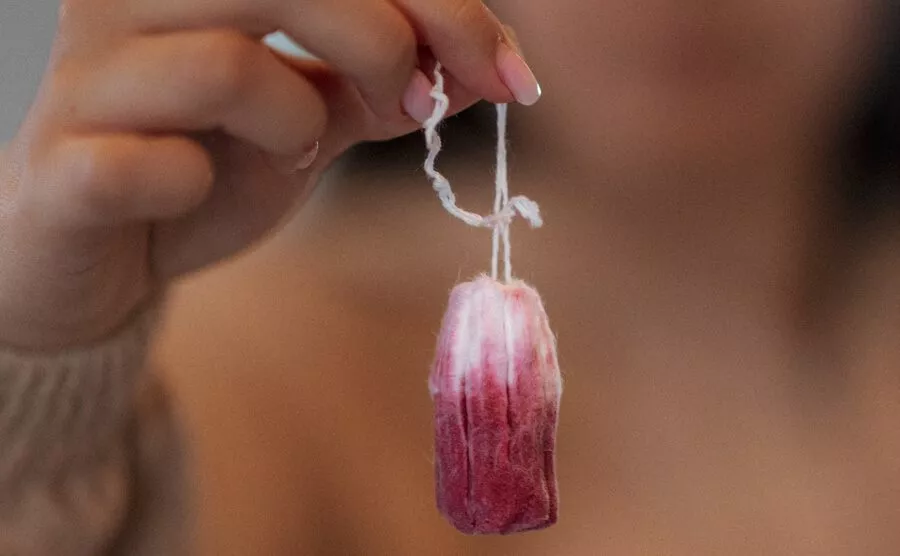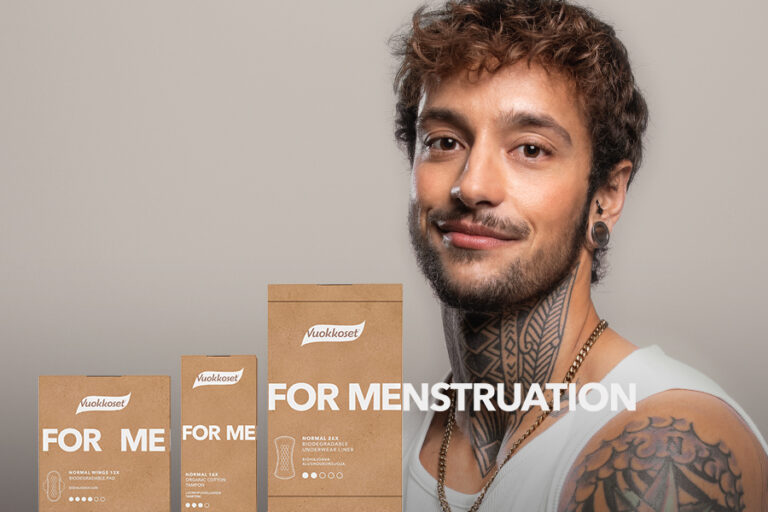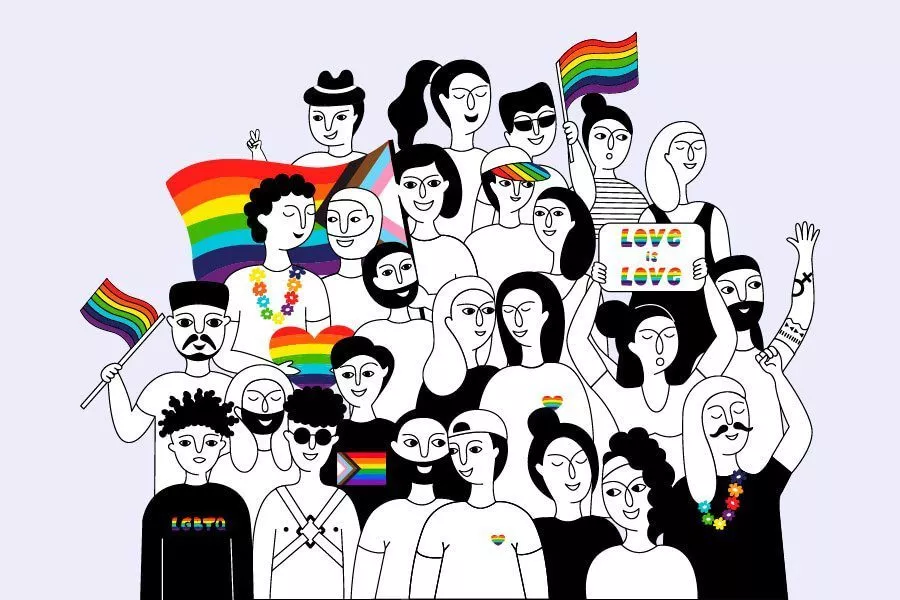We talk about period shame a lot – and for good reason. Politicians, influencers and social actors are all weighing in on the discussion, because the issue affects all of us. Periods are still a taboo in our society, and in some developing countries, periods are even punished. The only way to fight the shame is to speak up, normalize periods, and spread information.
Open and age-appropriate discussion
It is good to tell even little children about periods in an open and age-appropriate way. Children see period product advertisements and bump into pads in the toilet in their own home. Some children may be frightened of blood, as it is commonly associated with pain. The less we hide and keep quiet, the more information and equality there is.
Adolescents can find periods tough, especially if they were not given the information they need at home or at school. They might find it embarrassing to buy pads or tampons, and asking their parents for money to do so may be extremely difficult. If there is a young teenager in your circle of friends or family who is new to periods, you can lead by example:
- Don’t hide pads or tampons at the bottom of your shopping basket when you buy them in a store
- Go over facts and information about the menstrual cycle with them
- Explain the difference between pantyliners, pads, and tampons
- Remind them that periods are not just a physical issue, and can also affect your emotions
Young teenagers should be reminded that periods are completely normal and that 50% of people experience them. Periods are not gross and embarrassing; they are normal and healthy. Shaming and embarrassing people over periods must be stamped out of schools so that people who have periods can live in peace, and there is no need to feel awkward about a leak-through or seeing a pad in someone’s backpack.
Periods in the Nordic countries and abroad
In the Nordic countries, our attitude to periods is becoming increasingly neutral. Adverts no longer use blue liquid in place of blood, there is discussion surrounding the impact of PMS symptoms on working life, and the period tax is frequently discussed in the media. Unfortunately, this is not the case everywhere.
In numerous developing countries there is a lack of period products, no toilet privacy, and in the worst cases, people are separated from their community and banished to barns during their period. Periods can also affect schooling – if a young person is absent for five days every month, it is possible that they will fall behind in their studies, and these effects can be cumulative. In extreme cases, period-related reasons promote inequality.
At the other end of the scale is Scotland, which offers period products to everyone who needs them, with pads available in public toilets.
Periods are also an issue for men
Research* has shown that most period shame is caused by men in the menstruating person’s social circle, either at home or at work. The menstruating person may hear comments from their partner about disgusting periods, or be afraid of embarrassing themselves if blood leaks onto the bed during the night. People in relationships should ask their partners how they feel about periods, whether there are some words or actions that they could use to help with any PMS symptoms, and whether there is anything that periods prevent them from doing. Transparency also deepens a relationship.
Tired jokes about periods making women angry and irrational are nothing new in the workplace. Research* has shown that 51% of men feel that it is inappropriate to talk about periods in the workplace. It is time to normalize periods, even at work – no more hiding tampons up your sleeve or running the tap to mask the noise of opening your pad; now is the time for unashamed transparency, equality, and respect.
Sources: *New York Post, Finn Church Aid, numerous blog and Instagram posts and comments
Periods can also be eco-friendly. Here’s how to choose a more sustainable option.





